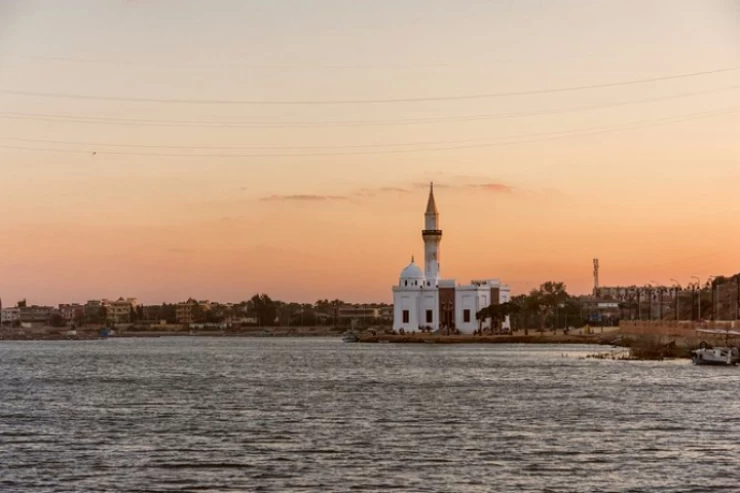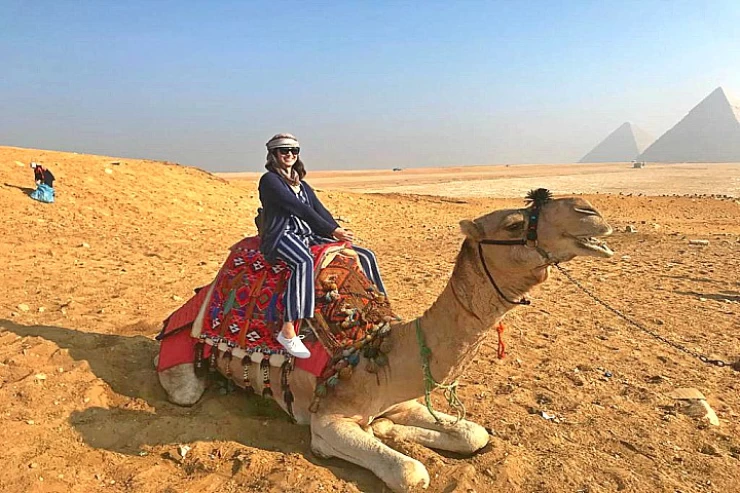
Ptolemy III Euergetes: The Ptolemaic Dynasty
Ptolemy III Euergetes: The Ptolemaic Dynasty
One of the most powerful nations in the Hellenistic era would be Ptolemaic Egypt. Under this lineage, the country underwent a new social and economic organisation. Greeks and Macedonians occupied the highest administrative, economic and military posts, leaving the lower positions to literate Egyptians.
The Ptolemies controlled a territory that stretched from the North African coast to Syria/Palestine, Cyprus, the coastal regions of Asia Minor and most of the Greek islands near the coast. All these possessions were a source of wealth for the dynasty and turned the capital Alexandria into a huge commercial city.
He united Cyrenaica with Egypt through his marriage in 246 to Berenice II of Cyrene, daughter of the Cyrenian King Magas and Apama II. The same year, in Syria, the Seleucid King Antiochos II Theos (261-246) died. His widow Berenice II Phernophorus, Ptolemy III's sister, came into conflict with her husband's successor, Seleucus II Kallinikos (246-225) and his mother Laodice I, Antiochos I's first repudiated wife.
After his marriage to Berenice II, made a treaty (in 249) with his father Ptolemy II in which he specified that he would transfer his succession to the children of Berenice II. On the death of Antiochus II, Berenice II, powerless to enforce the treaty, called on her brother for help to regain the regency, but she and her son were murdered at Daphne, near Antiochus, in September/October 246, by agents in the pay of Laodice I, Antiochus II's first repudiated wife, who also wanted to come to power.
This action triggered Ptolemy III's intervention to avenge his sister, his army invaded Syria and the Third Syrian War (246-241) broke out, which saw the victory of Egypt and in which Laodice I was killed. After invading Syria, the Pharaoh's army marched victoriously to the Tigris, while the Egyptian fleet swept along the coasts of Asia Minor.
With this victory, Ptolemy III took control of a whole part of Western Asia as far as Babylon, which he captured in December 246 and held until February 245. He would have conquered a much larger territory had he not been forced to return to Egypt to put down a revolt. Seleucus II Kallinikos nevertheless managed to hold on to the interior of Asia Minor.
In Greece, Ptolemy III continued the policy of his predecessors, namely to pit the Greek cities against Macedonia. He brought the Ptolemaic kingdom to the height of its power. The Pharaoh remained neutral in the First Punic War between Rome and Carthage, refusing Carthage's request for financial aid. Under his reign, from 238 onwards, solemn decrees were published in the Hieroglyphic, Greek and Demotic scripts. This tradition survived in subsequent reigns.
His building activities include: in 237, the construction of the Temple of Horus at Edfu; the Ptolemeion at Hermopolis Magna; the Great Temple of Panopolis; the Small Temple of Medamud; buildings added to the Temple of Karnak; the Temple of Khnum at Ad-Dayr; and the Small Temple of Isis at Aswan. He was also responsible for building the Serapeum in Alexandria. In 238, Ptolemy III, with the Canopus decree, attempted to add 1 day every 4 years to the civil calendar. This reform, which was not respected by the Egyptians, was imposed by Augustus in 29 BC and is known as the Julian calendar.
















